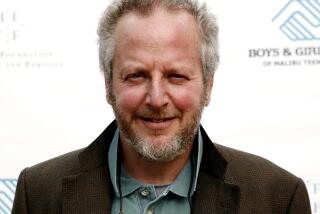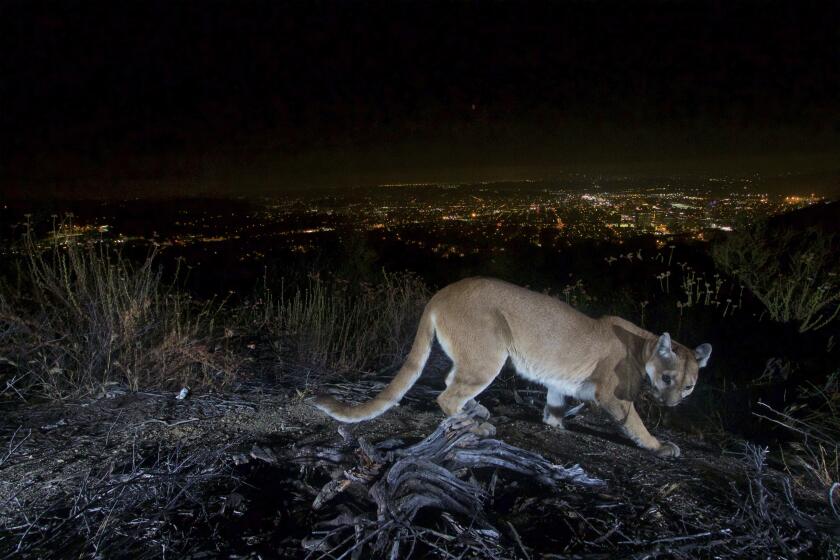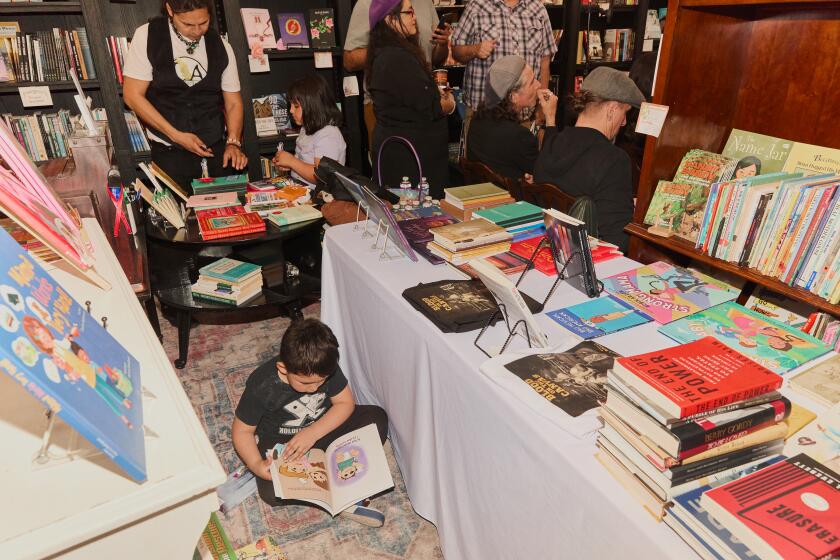Brit wordsmiths getting to root of slang slinging
According to the august Oxford English Dictionary, going bananas was simply not done before 1968, nobody went bonkers before 1957 and no one went to the loo before 1940.
But the publishers of the 600,000-word reference book, billed as “the definitive record of the English language,” are willing to be proved wrong. So they are asking language-loving British television viewers to help them trace the murky etymological roots of 40 common English-language expressions, from “wolf whistle” to “regime change” to “sick puppy.”
Oxford University Press, the publisher, is teaming with “Balderdash & Piffle,” a BBC television lexicology program, to run down the origins of such acutely British expressions as “wally” (a fool), “wazzock” (an idiot) and “whoopsie” (excrement). As far as the dictionary’s 400-plus researchers have been able to make out, crazy people became “daft as a brush” in 1945 and “one sandwich short of a picnic” in 1993.
Before 1976, “marital aids” were known by less genteel names, and using them, along with other more sexually adventurous behavior, became “kinky” in 1959. Some terms on the list are too naughty to be printed here. But the Oxford editors are as interested in their X-rated beginnings as they are in “identity theft,” “spiv” (a sharply dressed hustler), “mucky pup” (a messy child) and “prat” (a fool or a jerk).
“Words do have a real fascination,” said Peter Gilliver, associate editor of the dictionary. “It’s all knowledge, and it is worth tracking down.”
The English have a special relationship with the language named for their land. From Chaucer to Shakespeare to Dickens, this country has given the world some of its most memorable literature. The spoken word is also revered here, and English debaters articulate even the most mundane ideas with remarkable music and vocabulary. Americans puzzle over Britons keeping their spare “tyre” in the “boot” of their car, but most admit that they sound clever doing it.
So it came as little surprise early last year when nearly 2 million people tuned in for each episode of the first “Balderdash & Piffle” “Wordhunt” collaboration with Oxford University Press. BBC officials said viewers sent in about 7,000 e-mails about the 47 words on last year’s list. Gilliver said viewers turned up uses of common phrases in old letters, magazines, unpublished papers and other sources not available to the dictionary’s researchers. As a result, he said, 35 entries in the dictionary were changed.
“Bog standard,” which means the basic, no-frills model of something, had been listed as a term arising from the world of computers in the 1980s. But Gilliver said a British man found a 1968 automotive magazine in his garage that mentioned the term in relation to a model of a car.
“It’s a very democratic process,” Gilliver said, noting that the dictionary’s editors have solicited public input since 1879.
More to Read
Sign up for our Book Club newsletter
Get the latest news, events and more from the Los Angeles Times Book Club, and help us get L.A. reading and talking.
You may occasionally receive promotional content from the Los Angeles Times.






